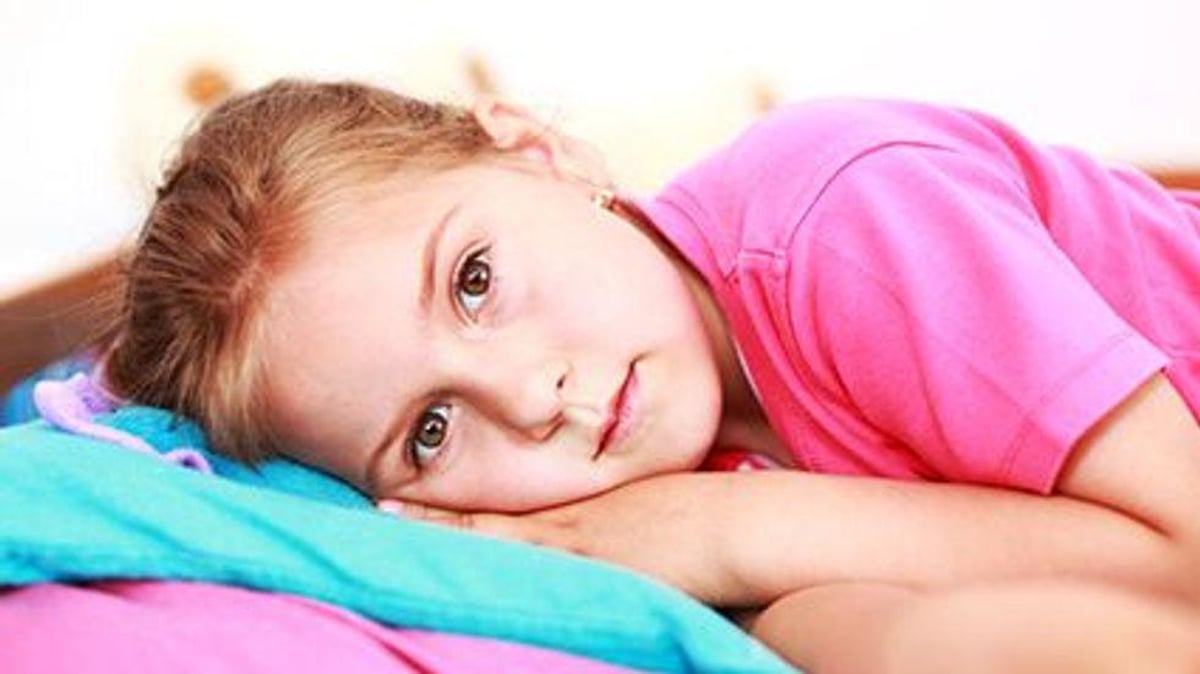43.3 Percent of Children With Insomnia Have Persistent Trajectory

THURSDAY, Feb. 17, 2022 (HealthDay News) -- For children with insomnia symptoms, 43.3 percent have a persistent trajectory, according to a study published online Feb. 17 in Pediatrics.
Julio Fernandez-Mendoza, Ph.D., from the Penn State Health Milton S. Hershey Medical Center, and colleagues studied 502 children (median, 9 years old) 7.4 years later as adolescents (median, 16 years old), and 15 years later as adults (median, 24 years old) to examine the developmental trajectories of insomnia symptoms. At all three time points, insomnia symptoms were ascertained as moderate-to-severe difficulties initiating and/or maintaining sleep via parent or self reports.
The researchers found that the most frequent trajectory among children with insomnia symptoms was persistence (43.3 percent), followed by remission (26.9 and 11.2 percent since childhood and since adolescence, respectively) and a waxing-and-waning pattern (18.6 percent). The most frequent trajectory among children with normal sleep was persistence (48.1 percent), then developing insomnia symptoms (15.2 and 20.7 percent since adolescence and in adulthood, respectively) and a waxing-and-waning pattern (16.0 percent). Among short-sleeping children and adolescents, the odds of insomnia symptoms worsening into adult insomnia (22.0 percent of children and 20.8 percent of adolescents) were increased 2.6- and 5.5-fold, respectively.
"Pediatricians should consider adolescence a critical period for the adverse prognosis of insomnia symptoms, particularly for the insomnia with short sleep duration phenotype," the authors write. "Early sleep interventions are a priority, as clinicians should not expect insomnia symptoms to developmentally remit in a high proportion of children."
Abstract/Full Text (subscription or payment may be required)
Related Posts
Texas Judge Set to Rule on Abortion Pill
TUESDAY, Feb. 28, 2023 (HealthDay News) -- Whether women will continue to be...
Long Targeted in Abortion Battle, U.S. Global AIDS Program Gets New Home in State Department
WEDNESDAY, Aug. 2, 2023 (HealthDay News) -- The President’s Emergency Program...
AHA News: Clues to Brain Health May Lie in the Gut
TUESDAY, Sept. 7, 2021 (American Heart Association News) -- Food cravings....
Ivermectin, Luvox Fail as COVID-19 Treatment
THURSDAY, Aug. 18, 2022 (HealthDay News) -- Two drugs touted as potential...
